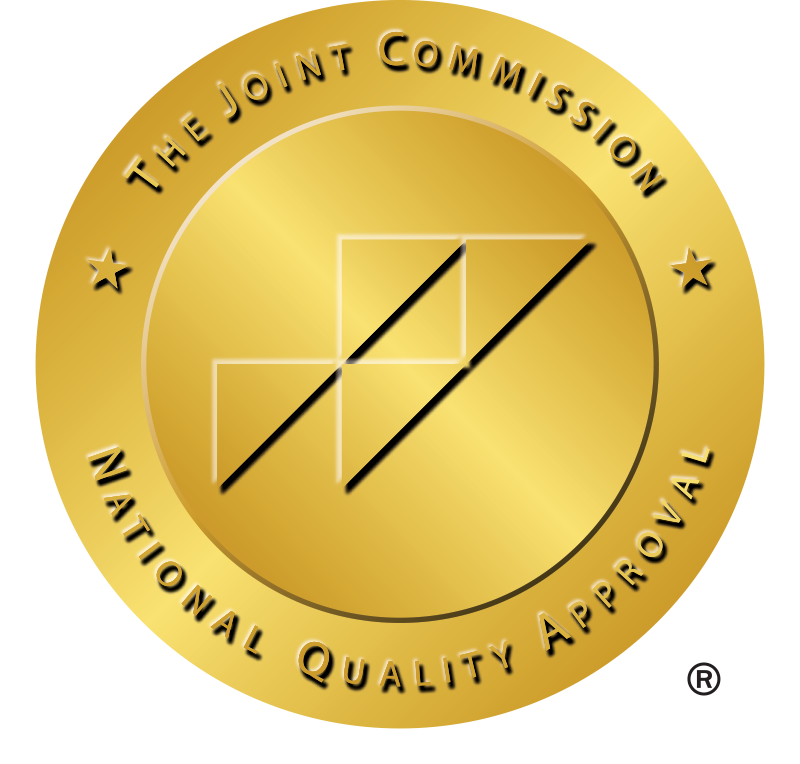Addiction rehab clinics provide a comprehensive range of services for addressing all of the needs that people commonly have throughout the recovery process. Whether you’re considering inpatient or outpatient treatment, you can look forward to optimum levels of your support from beginning to end. In fact, many of these facilities are additionally committed to helping their clients establish solid, post-treatment plans that include various options in ongoing support. Thus, once you make a commitment to getting better and align yourself with a reputable rehab center, you’ll have everything that’s necessary for both achieving sobriety and maintaining it.
Recovery always starts with the detoxification and withdrawal process. This is because patients cannot fully focus on other, more complex aspects of their recoveries until their systems are entirely drug-free, and their minds are clear. As soon as you enter into inpatient treatment, access to illicit drugs and alcohol will cease. During the detoxification process, you’ll be surrounded by trained medical professionals who know how to safely and effectively address many of the physical and emotional symptoms of withdrawal. This aspect of rehab is designed to make this initial and incredibly challenging step as easy and comfortable as it can be. Once you’re done detoxing, you can start taking parts in other aspect of the treatment process including:
- Individual counseling for learning more about the underlying causes of your addiction
- Art therapy for managing challenging emotions
- Life-planning and skill-building workshops
- Group therapy
- Physical activities and nutritional counseling for expediting your return to good overall health
Rehab clinics also have the ability to address issues with comorbidity or dual diagnosis. These services are intended to meet the needs of the very large number of people who deal with both substance use disorder and one or more untreated mental health issues. For instance, if you have borderline personality disorder, agoraphobia, chronic anxiety, chronic depression, or bi-polar disorder among others, you may be using drugs or alcohol to alleviate some of the uncomfortable symptoms of your underlying ailment. With dual diagnosis therapy, you can receive proper medical treatment for any identified mental health issues, along with treatment for your addiction. This is a very sustainable strategy for achieving sobriety whenever comorbidity exists.
Rehab Clinics Offer Group Therapy For Fostering Healthy Social Skills
Group therapy can be a very vital part of the recovery process. Much like one-on-one counseling, group therapy gives people the opportunity to talk about issues and events that lie at the heart of their addictions. These sessions can be both restorative and cathartic. They can also be challenging, especially if you’ve never had the experience of talking about your struggles in a group-setting before. What many patients find is that they are completely surrounded by very like-minded individuals, many of whom share similar histories, backgrounds and goals.
Group therapy also provides the opportunity to develop critical socialization skills, learn more about boundary-setting, and become more adept in choosing and fostering healthy relationships. This aspect of treatment helps prepare patients for their return to the outside world once their programs are complete. Best of all, clients retain total control in determining their level of engagement and can choose to share or not share their personal experiences according to their comfort levels.
There Are Numerous Services For Fostering Lifelong Success
For many people, overcoming drug addiction is only one small part of regaining balanced, healthy, and ultimately high-quality live. Job or career planning, sober living housing, and personal goal-setting are often essential for ensuring long-term success in recovery. When you take part in an inpatient program, particularly any program that lasts one or more months, you will have access to seasoned case workers who can assist you in setting feasible goals and objectives, and who can point out the right resources for achieving them. As you near the end of your treatment, you’ll likely find that this is one of the most exciting and rewarding parts of leaving your addiction behind.
When you leave treatment, you will never have to worry about what to do or where to turn when temptations, cravings, or other problems arise. The best way for rehab centers to ensure the lifelong success of their clients is by aligning them with the right long-term and ongoing support services and resources. If you’re ready to leave your drug addiction behind you, we’re here to help. Get in touch with us today by calling us at 833-338-6946.





